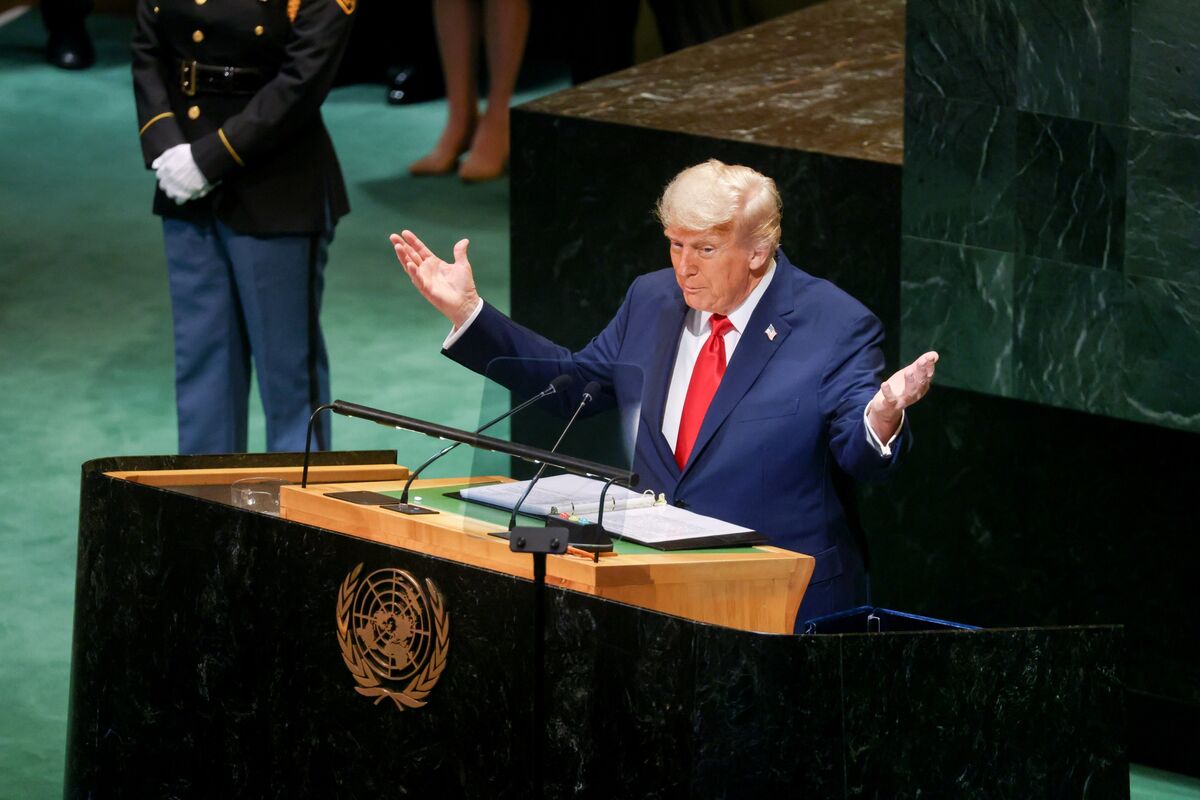Former President Donald Trump has openly expressed his expectation to receive the Nobel Peace Prize, stating that failure to do so would be “a big insult” to the United States. His comments have raised concerns among some Norwegian officials regarding possible diplomatic repercussions should he feel disappointed by the outcome.
The Nobel Committee, responsible for awarding the prestigious prize, has not publicly commented on Trump’s nomination, which was submitted by a Norwegian politician. This nomination has sparked a mix of reactions internationally, with some praising his efforts in foreign diplomacy and others questioning the legitimacy of his claim to the award.
In a statement made on March 14, 2024, Trump highlighted the importance of the award, suggesting that it would validate his administration’s efforts to promote peace agreements in the Middle East. “If I don’t win, it would be a significant snub to the work we’ve done,” he remarked during a press conference.
Concerns of Retaliation in Norway
The prospect of Trump’s disappointment has alarmed some in Norway, where fears of potential backlash have emerged. According to a report from the Norwegian newspaper Aftenposten, officials are wary that a negative response from Trump could affect diplomatic relations between Norway and the United States. Norwegian MP Christian Tybring-Gjedde, who nominated Trump for the award, defended his decision, stating that Trump’s efforts in brokering peace agreements warrant recognition.
While many find the nomination controversial, Tybring-Gjedde emphasized that the award is intended to celebrate significant contributions to peace, regardless of political affiliation. He argued that Trump’s role in the Abraham Accords, which normalized relations between Israel and several Arab nations, is noteworthy and deserving of recognition.
International Reactions and Implications
Reactions to Trump’s nomination have varied widely across the globe. Supporters argue that his diplomatic initiatives have reshaped international relations, while critics assert that his actions have often undermined global cooperation. The tension surrounding his potential award reflects broader divisions in international politics.
The Nobel Peace Prize, established in 1895, is awarded to individuals or organizations that have made substantial contributions to peace efforts. Past recipients include influential figures such as Martin Luther King Jr., Malala Yousafzai, and former President Barack Obama. Each year, the decision generates significant debate over what constitutes a worthy contribution to peace.
As the Nobel Committee deliberates, the world watches closely. Trump’s outspoken nature and high-profile political history add an element of unpredictability to the outcome. Should he ultimately receive the award, it could reshape public perception of his presidency and influence ongoing political discussions.
In conclusion, Trump’s pursuit of the Nobel Peace Prize underscores the intricate dynamics of international relations and the complexities that accompany political recognition. The implications of this nomination extend beyond personal accolades, highlighting the delicate balance of diplomacy that countries must navigate in an increasingly polarized world.
